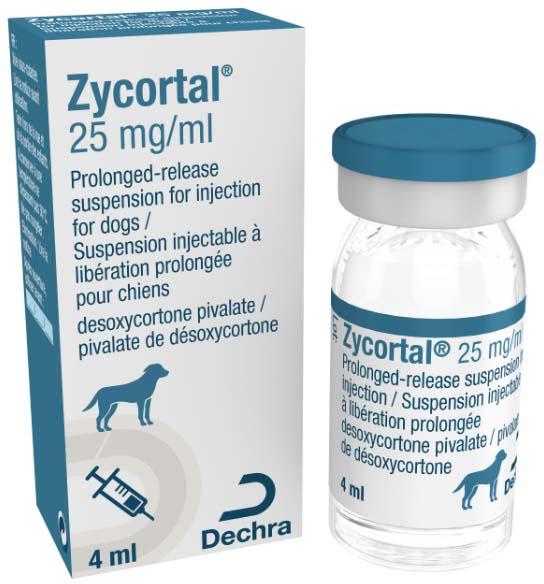Canine Hypoadrenocorticism
Canine hypoadrenocorticism, commonly known as Addison’s disease is a rare endocrine disorder in dogs. It occurs when the adrenal glands produce insufficient corticosteroids for the body to function properly. If left untreated it can result in an Addisonian Crisis, a potentially life-threatening state.
Dogs with Addison’s disease are hard to diagnose as the clinical signs are very unspecific and can look like a number of other diseases. It is therefore called “The Great Pretender”. But with greater awareness and an innovative new treatment, you are better equipped to meet the challenges of Addison’s disease head on.

